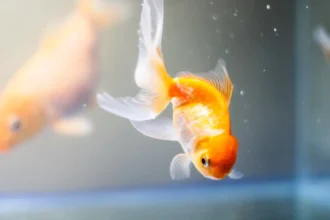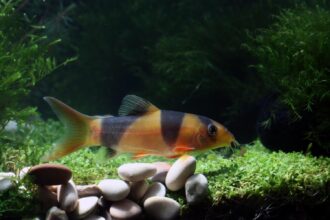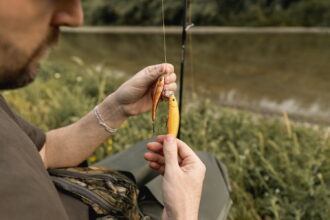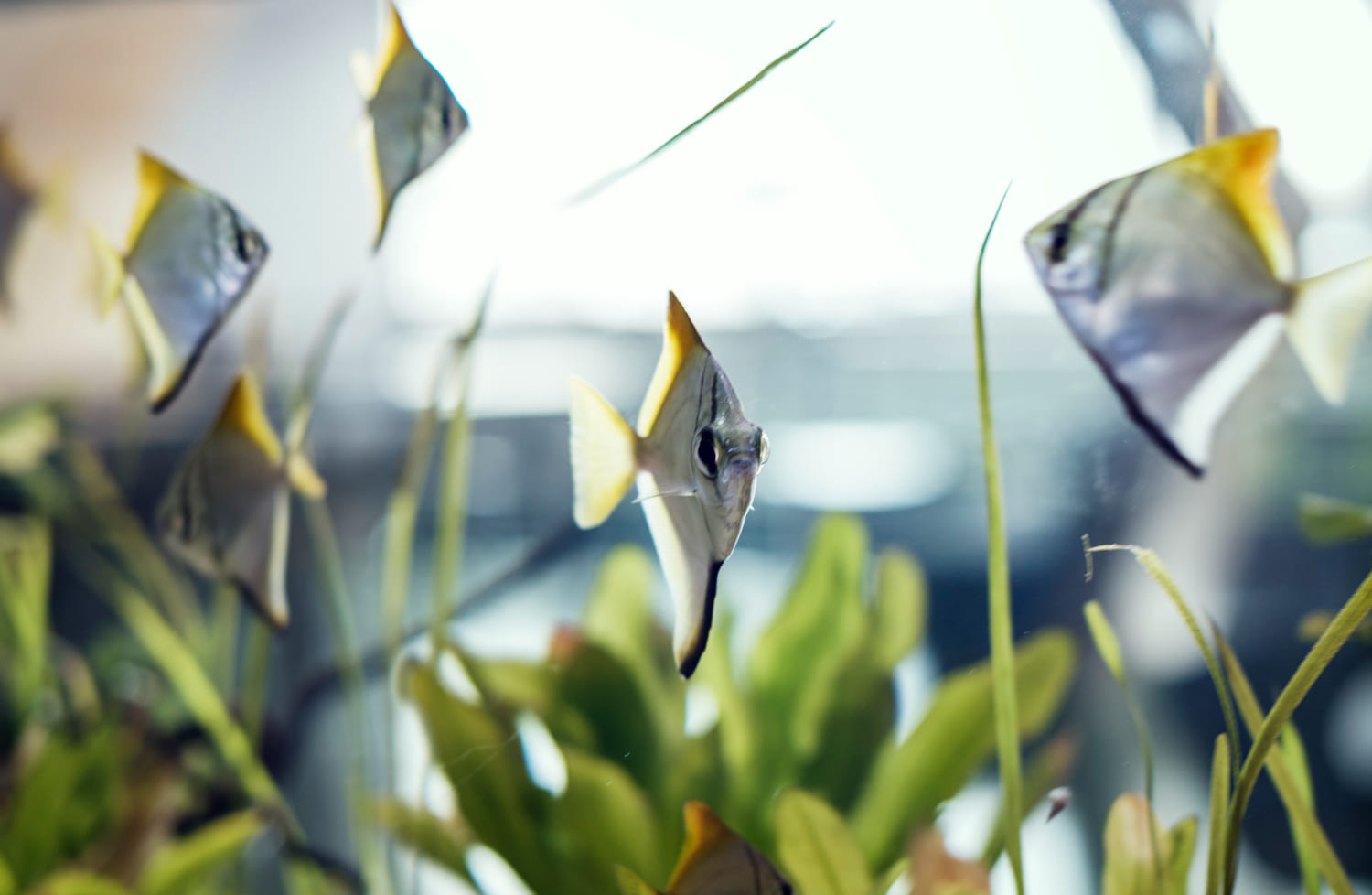In this blog post, we will delve into the necessary steps required for the proper care of your fish.
So, whether you are a new fish owner or a seasoned pro, keep reading for some expert tips on providing your fish with a healthy and happy home.
Importance of proper care for fish
Proper care for fish is important for their health and well being.
Fish are living creatures that require a suitable environment to thrive, and neglecting their needs can lead to stress, disease, and even death.
Providing a suitable environment for fish includes providing a large enough aquarium with proper:
- filtration
- temperature control
- and adequate space for swimming.
It also involves maintaining good water quality by regularly cleaning the aquarium and monitoring chemical levels such as pH, ammonia, and nitrite.
Proper nutrition is also important for fish, and a balanced diet should be provided in appropriate quantities.
Overfeeding can lead to poor water quality and obesity, while underfeeding can lead to malnutrition and stunted growth.
Regular observation of fish behavior and appearance is important to detect any potential health problems early on.
Treating health issues promptly can prevent them from worsening and potentially infecting other fish in the aquarium.
By providing proper care for fish, owners can ensure that their pets live happy and healthy lives.
It is the responsibility of the owner to provide the necessary care for their fish, and failure to do so can result in suffering and premature death for these living creatures.
Basic needs of fish
Fish, like all living creatures, have basic needs that must be met in order for them to thrive. These needs include:
- Suitable habitat: Fish require an aquarium or tank that is large enough to accommodate their size, with proper filtration and aeration systems.
- Proper water conditions: Fish require clean and properly conditioned water to thrive.
- Appropriate diet: Fish require a balanced and varied diet that meets their nutritional needs.
- Adequate space: Fish require enough space to swim and move around freely.
- Regular observation: Fish should be observed regularly for any signs of illness or distress.
By meeting these basic needs, fish owners can help ensure that their pets stay healthy and happy.
It is important to research the specific needs of the species of fish you plan to keep and to provide them with the appropriate care and environment.
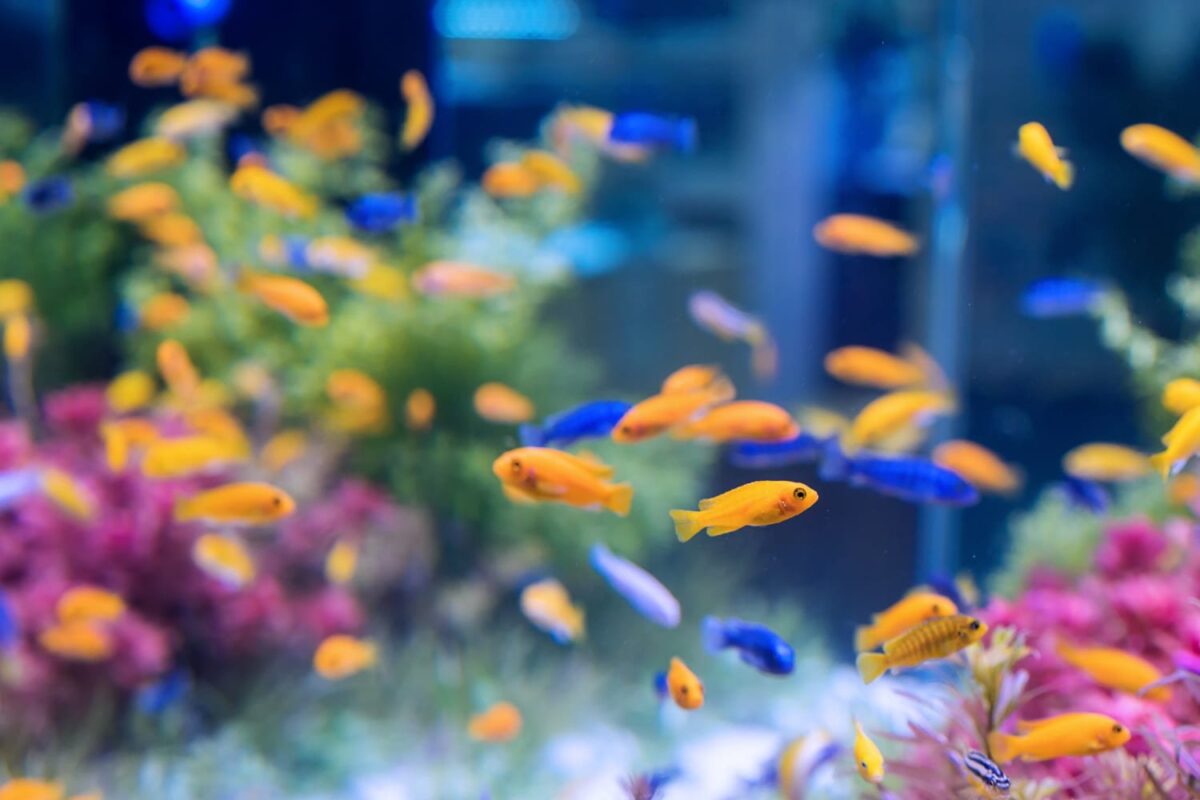
Water Conditioning
Conditioning the water is important in fish care, as it helps create a suitable environment for them to live in.
Water conditioning involves removing chlorine and chloramines from the water, adjusting the pH level, and using beneficial bacteria to improve water quality.
Water conditioning also includes changing the water and cleaning the aquarium on a regular basis.
Acclimation Process
Acclimation is the process of gradually adjusting fish to a new environment, which is an important step when introducing new fish to an aquarium or when moving fish to a new tank.
Proper acclimation is important to reduce stress and prevent shock, which can be fatal to fish.
Acclimation helps fish adjust to differences in water chemistry, temperature, and other environmental factors.
Here are some steps for proper fish acclimation:
- Float the bag: When bringing home new fish, it’s important to let the bag float in the aquarium for about 15-20 minutes.
- Add aquarium water to the bag: After floating the bag, add small amounts of aquarium water to the bag every 5-10 minutes.
- Test the water: While the fish are acclimating, it’s a good idea to test the water in the bag and the aquarium to ensure that they have similar water parameters.
- Release the fish: After about 30-45 minutes, the fish should be ready to be released into the aquarium.
- Observe the fish: After releasing the fish, observe them closely for any signs of stress or illness.
- If the fish appear stressed, turn off the aquarium lights and leave them alone for a few hours to acclimate further.
It’s important to note that the acclimation process may take longer for some fish species and may require additional steps.
It’s always a good idea to research the specific needs of your fish species before introducing them to a new environment.
Proper acclimation is a crucial step in fish care and should not be overlooked.
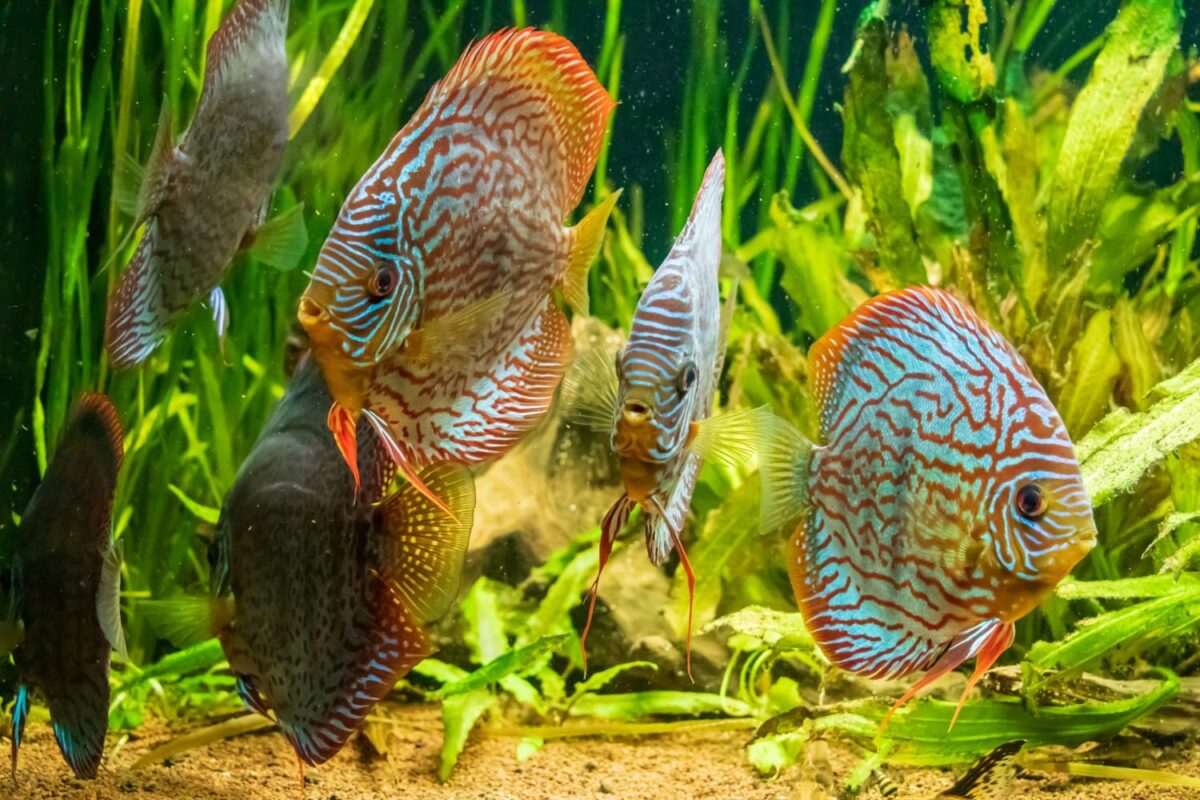
Maintaining pH Balance and Other Chemical Levels
Maintaining pH balance and other chemical levels is important for the health and well-being of your fish.
Fish are sensitive to changes in water chemistry, and fluctuations in pH and other chemical levels can be harmful or even fatal to them.
Here are some steps for maintaining pH balance and other chemical levels in your aquarium:
- Test the water regularly
- Adjust pH levels
- Change the water regularly
- Use a good filtration system
- Avoid over feeding food.
By following these steps, you can help maintain good water quality and ensure that your fish have a healthy and safe environment to live in.
It’s important to monitor the water chemistry regularly and to take action if you notice any changes or issues.
Water Temperature
Water temperature is an important factor in fish care.
Fish are cold-blooded animals, which means that their body temperature is regulated by the temperature of the water they live in.
Therefore, maintaining the appropriate water temperature is crucial to their health and well-being.
Here are some tips for maintaining the proper water temperature in your aquarium:
- Research the temperature requirements of your fish species: Different fish species have different temperature requirements.
- Use a thermometer: Use a thermometer to monitor the water temperature in your aquarium regularly.
- Use a heater: A heater is necessary to maintain a consistent water temperature in your aquarium. .
- Avoid sudden temperature changes: Sudden temperature changes can be stressful for fish and can lead to illness or death.
By following these tips, you can help ensure that your fish have a stable and appropriate water temperature, which is essential to their health and well-being.
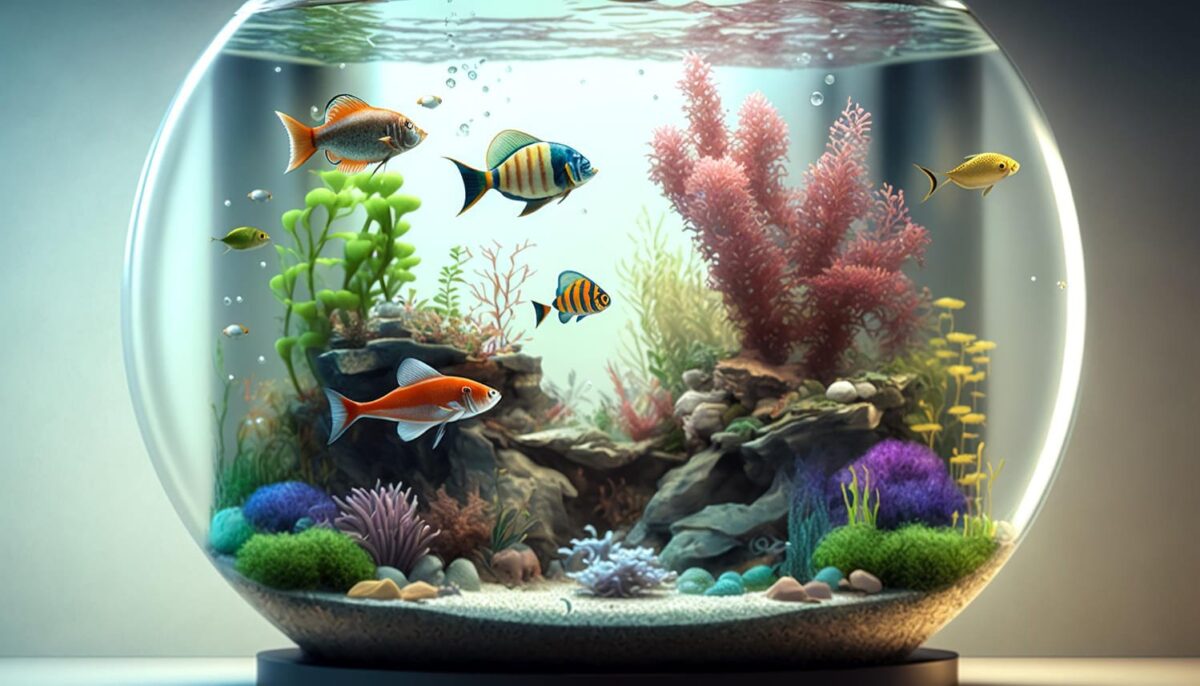
Regular Aquarium Maintenance
Regular aquarium maintenance is important for the health and well-being of your fish.
Here are some tasks that should be performed regularly to maintain a clean and healthy aquarium:
- Perform regular water changes.
- Clean the aquarium walls and decorations
- Clean the filter
- Vacuum the substrate
- Test the water chemistry
- Observe your fish
By performing these tasks regularly, you can help maintain a clean and healthy environment for your fish.
It’s important to establish a regular maintenance schedule and to stick to it to ensure that your aquarium stays in good condition.
Fish Feeding Habits
Fish feeding habits vary depending on the species of fish.
Here are some general tips for feeding your fish:
- Research the feeding requirements of your fish species
- Feed your fish a balanced die
- Feed your fish small amounts frequently
- Avoid overfeeding
- Consider using an automatic feeder
- Observe your fish while feeding
By following these tips, you can help ensure that your fish are getting the appropriate diet and are staying healthy. It’s important to establish a regular feeding schedule and to stick to it to ensure that your fish are receiving the proper nutrition.
Decoration and Environment
Decorations and environment are important considerations when setting up an aquarium for your fish
Here are some tips for creating a suitable environment for your fish:
- Provide appropriate substrate
- Provide appropriate lighting
- Provide hiding place
- Choose appropriate decorations
- Maintain good water quality
- Consider adding live plants
By following these tips, you can help create a suitable environment for your fish that promotes their health and well-being.
It’s important to research the specific needs of your fish species and to provide them with an environment that is appropriate for their needs.
Conclusion
Proper care of your fish is crucial for their health and well-being.
This includes maintaining good water quality, providing appropriate food and nutrition, and creating a suitable environment.
By taking the time to properly care for your fish, you can help ensure that they live long, healthy, and happy lives in your aquarium.
Always remember to research the specific needs of your fish species and to provide them with the care they require to thrive.
You may also be interested in: What are ornamental fish and their types





